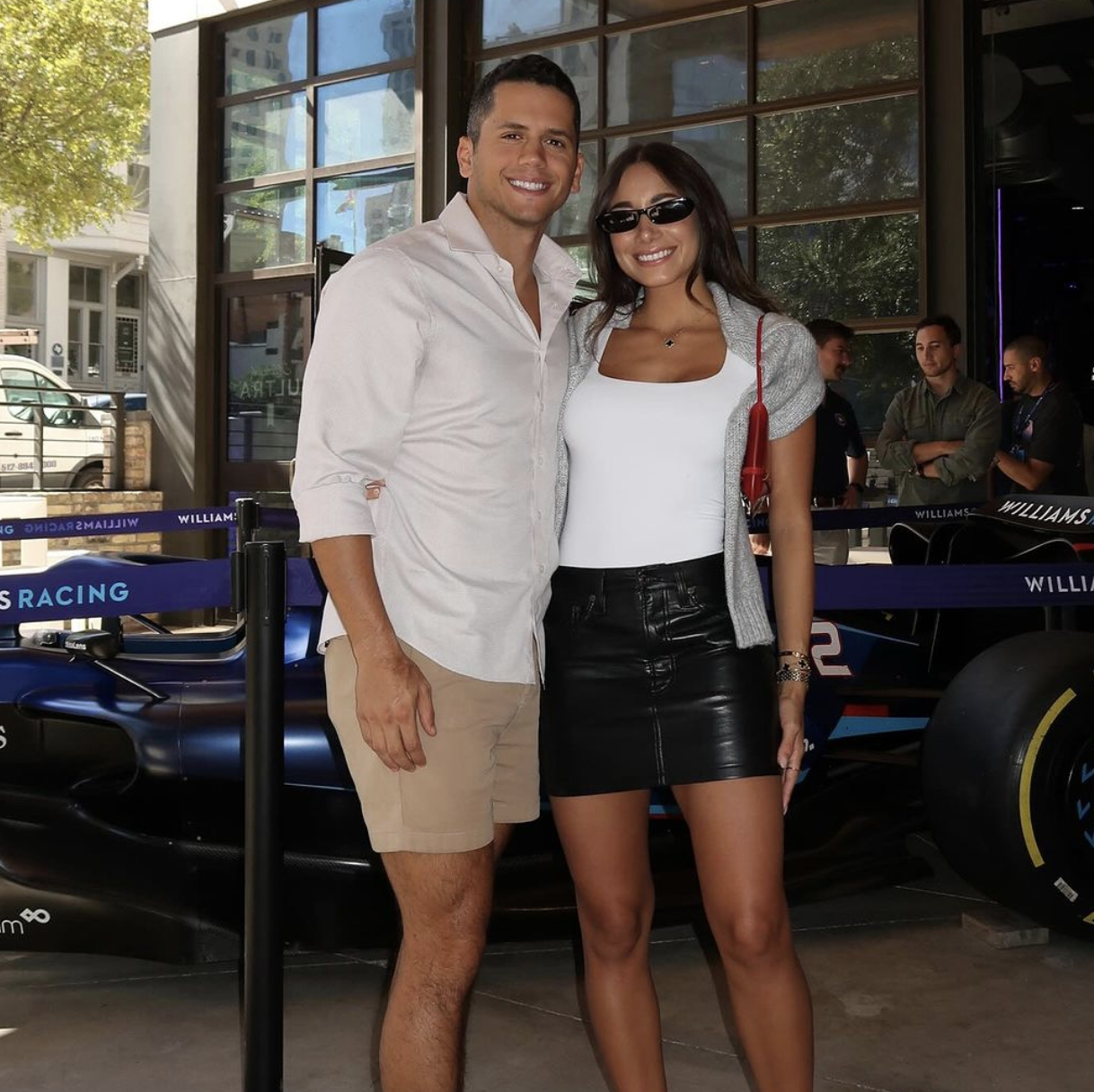I recently came across the work of Dr. Gio Valiante, a renowned sports psychologist who has identified five domains that generally lead to outsized success in one’s profession. I found his ideas analogous to several concepts in trading and investment management, particularly “define your edge” and “expose your weaknesses.” For example, outperforming the broader market is very difficult, so as a trader it is critical to separate luck from skill (or one’s competitive edge). To expose your weakness, on the other hand, is to not deny the existence of damaging habits that could possibly lead to financial ruin.
Taking Dr. Valiante’s work one step further, I decided to create a survey based on his five domains. The goal here was to get a sense of the broad advantages and disadvantages I bring to my work. This provides me with a foundation from which I can establish a plan to capitalize on strengths and mitigate weaknesses. Anyone can take this survey (I had Lya do it!) but just make sure you answer each question with respect to your career or other singular area of interest.
Answer each question with the utmost honesty:
On a scale from 1 to 5, how much do you agree with the statement: “I possess a natural aptitude or talent that exceeds that of my peers.”
1. Strongly Disagree
2. Disagree
3. Neither Agree nor Disagree
4. Agree
5. Strongly Agree
On a scale from 1 to 5, how much do you agree with the statement: “I consistently dedicate time and effort to improve my skillset.”
1. Strongly Disagree
2. Disagree
3. Neither Agree nor Disagree
4. Agree
5. Strongly Agree
On a scale from 1 to 5, how much do you agree with the statement: “I often approach challenges with a unique perspective or innovative strategies not seen elsewhere.”
1. Strongly Disagree
2. Disagree
3. Neither Agree nor Disagree
4. Agree
5. Strongly Agree
On a scale from 1 to 5, how much do you agree with the statement: “I stick to a rigorous, systematic approach to life that relieves the cognitive debt burden of routine activities.”
1. Strongly Disagree
2. Disagree
3. Neither Agree nor Disagree
4. Agree
5. Strongly Agree
5. On a scale from 1 to 5, how much do you agree with the statement: “good luck has played a significant role in my success.”
1. Strongly Disagree
2. Disagree
3. Neither Agree nor Disagree
4. Agree
5. Strongly Agree
Each of these questions highlights a specific edge outlined in Dr. Valiante’s work. Question 1 describes “raw talent”, or the inherent superior ability some people seem to be born with as it relates to their profession. This can be regarded as how well your genetic makeup aligns with your work. Professional sports are a prime example of where you will see this most prominently displayed.
Question 2 describes “hard work” and is representative of the amount of time and effort put into developing one’s abilities. Many people outperform their peers due to the amount of hard work they put in, often spending time doing things no one else would in order to gain an edge. Tom Brady is a classic example.
Question 3 describes “thinking differently,” which is really about coming up with novel and unconventional approaches to your area of interest. Think of the college dropout who goes on to create Microsoft or Facebook, or the coach who completely changes the sport because they saw something no one else did.
Question 4 describes “process” or the ability to establish and execute behavioral systems. It’s like being an expert at employing productive habits. Ray Dalio is an example of someone who exemplifies this perfectly.
Lastly, question 5 describes the degree to which “luck” is a factor in one’s success. This is the hardest question to answer and arguably the most important. Are you where you are because everything aligned perfectly in your life despite poor choices, or the complete opposite? You’ll never really know, but with life experience you can develop a sense of “whoops, that shouldn’t have happened.”
As for the evaluation component, I leave that to you and whoever you decide to share your responses with! I personally feel it’s more helpful to spend time on self-reflection that to be aggregated into a score and told “what type of pizza you are” or “which Harry Potter house you belong to.” Good luck and thanks for reading!



